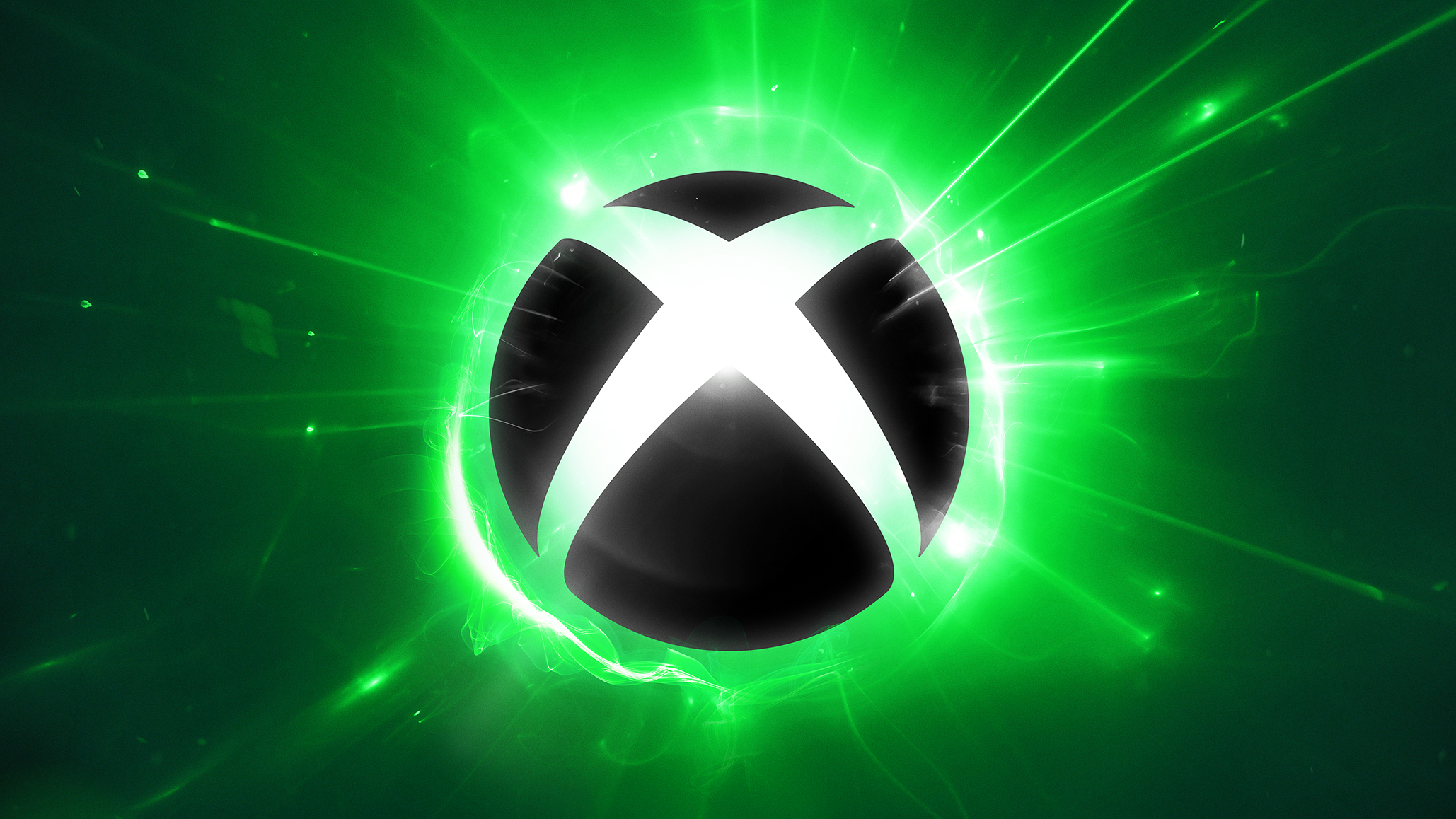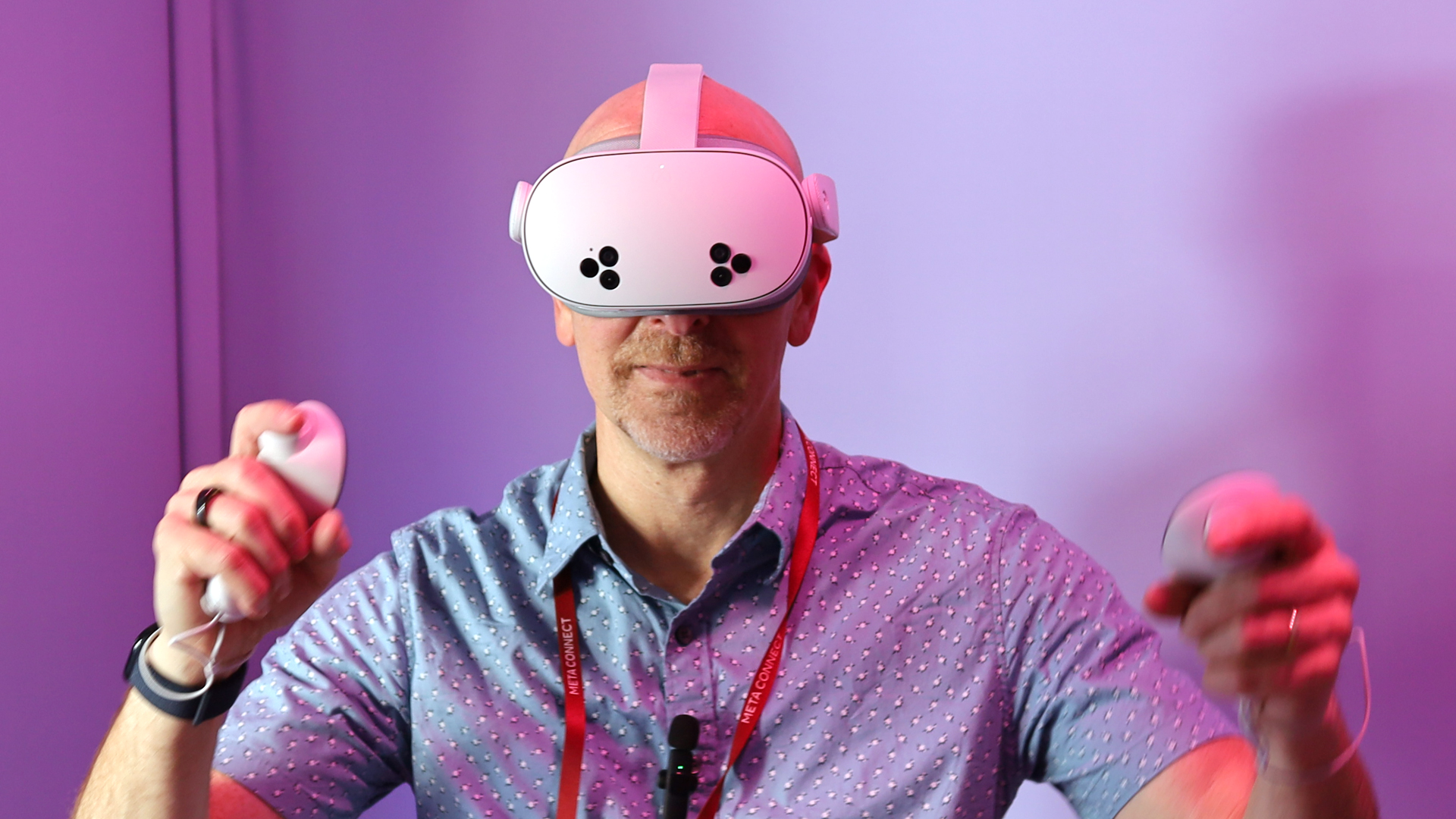HoloLens 2 cancellation paves the way for the Meta and Xbox VR headset, and I'm excited
Every cloud has a silver lining

This past month has given rise to a suite of new VR headsets – the Pico 4 Ultra, Vive Focus Vision, and Meta Quest 3S – but also the discontinuation of some of the best VR headsets out there: the Meta Quest 2, Meta Quest Pro, and Meta Quest 3 128GB model. Now it’s time to add another to the list of dead headsets with the announcement that Microsoft HoloLens 2 has been discontinued, which means production has ended and once it’s gone it’s gone. However, this cloud could have a silver lining.
For the full breakdown of what the announcement means for business using HoloLens products (which were mainly aimed at professionals, rather than gamers) check out our story over on TechRadar Pro. Basically, it’ll still get software updates through to the end of 2027, with software support for the original model ending in December 2024.
This now means Microsoft’s XR efforts (ignoring a deal it still has to sell the US army AR headsets) are focused solely on its partnership with Meta. This includes the software it has already launched – an Xbox Cloud Gaming app and Microsoft 365 web apps – and that Xbox headset announced back in April.
Besides its Xbox affiliation and that it’ll run Meta’s Horizon OS, we know next to nothing about the upcoming headset – and we don’t know much about the Asus and Lenovo Horizon OS headsets that were announced alongside it. However, with this HoloLens cancellation I’m hoping we'll soon no longer be in the dark on what Microsoft and Meta are cooking up together.
Coming into focus

If you’re not excited for these third-party Horizon OS headsets here’s why you should be: more hardware choice. The main issue with non-Quest VR headsets is their software. Horizon OS is not only a clean, intuitive, and feature-rich platform, it’s also host to plenty of exclusive games and apps – some that are only playable on Meta headsets, and some that are on Steam and/or PSVR as well but dodge platforms run by Pico and Vive.
Horizon OS is so good, it’s tough to recommend a standalone headset that doesn’t run it; which is an issue these third-party Horizon OS headsets won’t have to contend with, as provided they have the specs I expect they should be able to run Meta Quest 3 exclusives. So rather than judging them on this one major factor, you can pick up a headset that better fits your specific needs – opting to focus more on gaming, productivity or something in-between.
From a business perspective it also gives Meta’s Reality Labs division a much-needed revenue stream. I expect licensing the OS will be fairly lucrative, and whether you’re a Meta shareholder or not you should appreciate Reality Labs’ need to generate an income. It has lost around $60 billion since the start of 2019 (via Variety), and as great as the Quest headsets are, I do fear that losses of this magnitude have put a deadline on how long Reality Labs can continue to operate as it does. This could mean Quest headsets getting pricier, not getting as many software and hardware upgrades each generation, or simply ceasing to be; three outcomes no one wants to see.
Sign up for breaking news, reviews, opinion, top tech deals, and more.
I had hoped the recent Meta Connect 2024 event would showcase one or all of these third-party Horizon OS headsets, but instead the surprise announcement was for the Meta Orion AR glasses. Though, with HoloLens now out of the way Microsoft can focus more of its efforts on its Meta collaboration and hopefully we’ll get to see what it’s working on in the not too distant future.
I'm hoping for a headset bundling in an Xbox controller, with high-end displays but perhaps less storage and maybe even less RAM than the Quest 3S (at not too dissimilar a price) that'll focus on game streaming, but we'll have to wait and see what's announced.
You might also like

Hamish is a Senior Staff Writer for TechRadar and you’ll see his name appearing on articles across nearly every topic on the site from smart home deals to speaker reviews to graphics card news and everything in between. He uses his broad range of knowledge to help explain the latest gadgets and if they’re a must-buy or a fad fueled by hype. Though his specialty is writing about everything going on in the world of virtual reality and augmented reality.